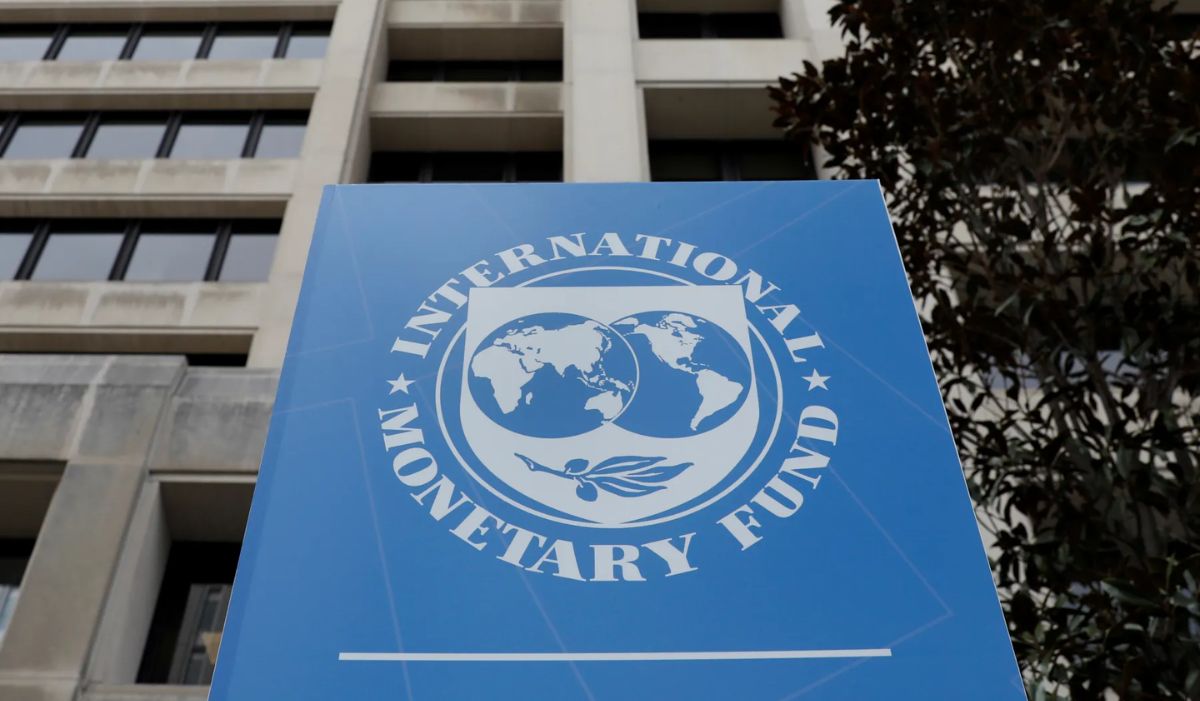Nigeria’s Fiscal Deficit to Widen in 2025 Amid Oil Revenue Shortfall – IMF

Nigeria is projected to experience an uptick in its fiscal deficit, reaching 4.7% of GDP in 2025, according to recent findings by the International Monetary Fund (IMF).
This projection underscores ongoing fiscal headwinds, despite government reforms aimed at stabilising the economy.
The widening gap is largely attributed to weaker oil revenues and rising public spending. These trends, if left unaddressed, could jeopardize long-term fiscal sustainability.
As noted in the IMF report, “In the baseline, staff projects a consolidated fiscal deficit of 4.7 per cent of GDP in 2025. This is higher than the budget, owing to lower oil prices and production, and already reflects lower-than-budgeted capital expenditure.”
In 2024, Nigeria managed to shrink the fiscal deficit to 4.1% of GDP—down from 4.8% in 2023—thanks to improved revenue mobilisation, aided by inflation and exchange rate depreciation.
The IMF remarked: “The consolidated government deficit measured from below the line improved to 4.1 per cent of GDP, from 4.8 per cent of GDP in 2023.”
Despite recent improvements, the oil sector’s underperformance continues to hamper fiscal balance. The 2025 federal budget had assumed relatively optimistic oil revenue figures, but a slump in global oil prices and below-target production levels has derailed these expectations.
The Fund emphasised that Nigeria must recalibrate its spending priorities. It recommends adopting a neutral fiscal policy in 2025, curbing non-critical expenditures while focusing on productive capital projects.
Fuel subsidy savings could play a key role in narrowing the gap. If fully realised, these savings could amount to 2% of GDP in 2025.
To strengthen the country’s fiscal position, the IMF advocates the full implementation of ongoing tax reforms, particularly those targeting Value-Added Tax (VAT) and Company Income Tax (CIT). While these reforms are expected to expand the tax base over time, immediate fiscal prudence—especially trimming recurrent spending—is essential to maintain economic stability.
The report also stressed the importance of a responsive policy environment to manage both internal and external shocks. The government is urged to accelerate subsidy reform, ensure tax policy effectiveness, and allocate capital wisely to avoid worsening fiscal risks.





